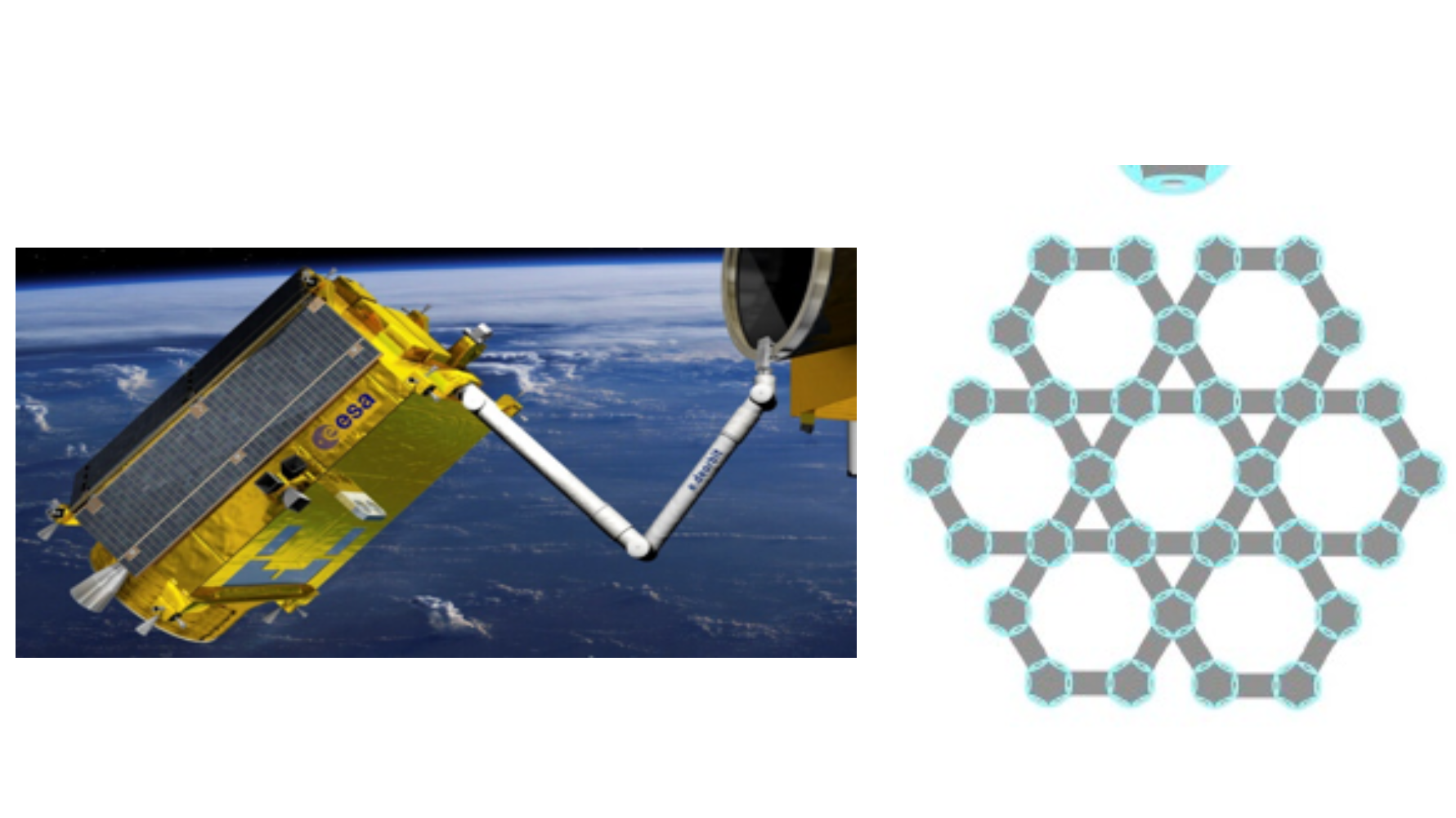Future space missions will need an increasing level of autonomy. Robustness, safety and task completion for in-orbit robotic operations and servicing, debris capture, satellite rendezvous and refuelling or space assembly cannot be met with currently used classical planning, guidance and control methods. The system’s complexity becomes a key driver that needs to be managed through robust autonomy provided by on-board real-time planning and decision making. During refuelling, capture or robotic arm control, the mass, centre of gravity and inertia variations cannot be considered as perturbations. Moreover, dynamics are unknown and varying in time, requiring control and planning to be continuously adapted based on physical system information. On-board computational power and real-time software tools have reached the maturity to solve complex problems efficiently via on-board, on-line optimisation. The proposed PhD activity focuses on the development of robust and verifiable real-time optimisation techniques to meet tight autonomy requirements for high-level mission planning in adversarial and uncertain environments. The acceptance of such an approach in space missions will be ensured by strong stability and performance guarantees from mathematical theories, such as Integral Quadratic Constraints. The proposed guidance and control solutions via convex optimisation programs will build on prediction and adaptive constraint management in a safe model predictive control framework, where innovative online modelling strategies, such as Koopman operator theory, shall be investigated. Novel controller design and synthesis techniques via system level synthesis will be proposed. The contribution of this work is novel in all aspects by providing a robust verifiable on-board optimisation planning and control strategy. The solutions shall be demonstrated in a series of complex autonomous assembly problems and hardware-in-the-loop testing will be performed in ESA GRALS’ facility.

